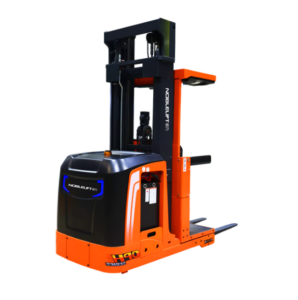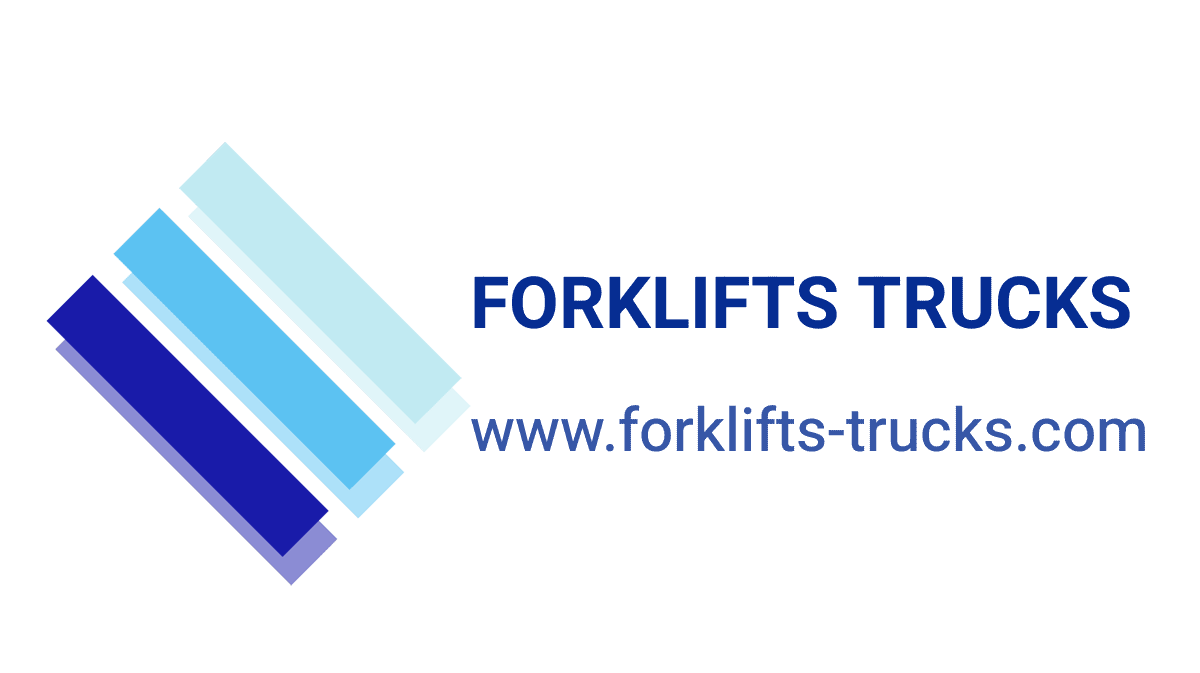Okay, let’s dive deeper into industrial equipment:
The world of industrial equipment encompasses a diverse array of specialized machinery, vehicles, and tools that play a crucial role in powering the day-to-day operations of businesses across numerous sectors. From construction and manufacturing to warehousing and logistics, these robust and versatile assets are essential for improving productivity, efficiency, and safety.
At the heart of this equipment landscape are forklifts – arguably the most ubiquitous and versatile type of industrial equipment. Forklifts provide the ability to lift, move, and transport heavy or bulky loads with ease, making them indispensable in a wide range of applications. Available in a variety of configurations, capacities, and power sources, forklifts can be tailored to meet the unique needs of different environments and applications.
Internal combustion (IC) forklifts, powered by gas, diesel, or propane engines, offer a durable and high-performance option for heavy-duty material handling. These models are particularly well-suited for outdoor use, rough terrain, and applications that demand sustained power and runtime between refueling. On the other hand, battery-powered electric forklifts excel in indoor settings, providing a quieter, emissions-free operation that is ideal for environments sensitive to exhaust and noise.
Beyond forklifts, the industrial equipment landscape is rich with a diverse array of specialized machines and vehicles. Aerial work platforms, such as scissor lifts and cherry pickers, provide an elevated, stable work platform to access overhead areas, enabling tasks like maintenance, installation, and construction. Cranes and lifting equipment, ranging from overhead cranes to mobile and gantry models, are crucial for construction, manufacturing, and infrastructure projects, offering precise control and high weight capacity for specialized material handling.
Earthmoving and material handling equipment, including skid steers, loaders, and excavators, play a vital role in site preparation, demolition, and the movement of heavy materials. Pallet jacks, tuggers, and other specialized handling solutions streamline the transportation of palletized goods, improving efficiency and reducing manual labor in warehousing and logistics applications.
The selection of the right industrial equipment is a critical decision, as it can significantly impact the overall productivity, efficiency, and safety of a business’s operations. Key considerations in this process include the specific application requirements, load capacities, and performance needs, as well as environmental factors such as indoor versus outdoor use and terrain conditions.
Fuel type, emissions, and energy efficiency are also important factors, as businesses strive to minimize their environmental impact and operating costs. Operator training, safety features, and regulatory compliance are likewise crucial, ensuring that the equipment is utilized in a safe and responsible manner.
Maintenance, service, and lifecycle costs are another essential consideration, as industrial equipment represents a significant capital investment. Businesses must carefully evaluate the long-term ownership and operating expenses associated with each equipment option, balancing upfront costs with ongoing maintenance, repair, and replacement needs.
In conclusion, the world of industrial equipment is a dynamic and ever-evolving landscape, with a vast array of specialized machines and vehicles designed to support the diverse needs of businesses across numerous industries. From the ubiquitous forklift to the towering crane, these powerful assets are the backbone of modern industry, enabling greater productivity, efficiency, and safety in the face of ever-changing demands and challenges.


-
- Industrial Equipment, Order Picker
- Forklift OPH01/E Order Picker (RATED LOAD:3000KG LIFTING HEIGHT:4500MM-6000MM) none
- Product selling point: RATED LOAD:3000KG LIFTING HEIGHT:4500MM-6000MM High performance and high efficiency Lifting and deceleration function Intelligent operation is safe and reliable Wide field of view It is equipped with a high-performance lithium battery as standard The OPH01/E order picker is a specialized type of industrial truck designed for efficient order…
-
- Industrial Equipment, Order Picker
- forklift OPH12K human walking on ORDER picker electric (Rated load:2.5t Lifted height:4500/4800/6000/7000/8000/9000kg)
- Rated load:2.5t Lifted height:4500/4800/6000/7000/8000/9000kg Away from floor height:25mm Lifted truck online trade to Buy forklifts for SALE as a USA/UK/Canda/Australia/India Importer OPH12K human walking on ORDER picking vehicle Wholesale Trader sale are the unsung heroes of the material handling industry, playing a pivotal role in the efficient movement and management of goods across a wide range of applications. From warehousing…
-
- Industrial Equipment, TOW Tracktors
- Forklift T30NT50N electric tractor industrial equipment(Load traction: 3/5t Rated traction: 800/1000N Travel speed (fully loaded/unloaded): 6/9, 7/12km/h)
- Product selling point Load traction: 3/5t Rated traction: 800/1000N Travel speed (fully loaded/unloaded): 6/9, 7/12km/h Driver: 1.9/2.6kw Standard 24V375/465Ah lead-acid battery Unparalleled Power and Capability At the heart of the T30NT50N lies a state-of-the-art electric powertrain that delivers an impressive 300 horsepower. This raw power, combined with a massive 500 Newton-meter of torque, enables the tractor to tackle…



